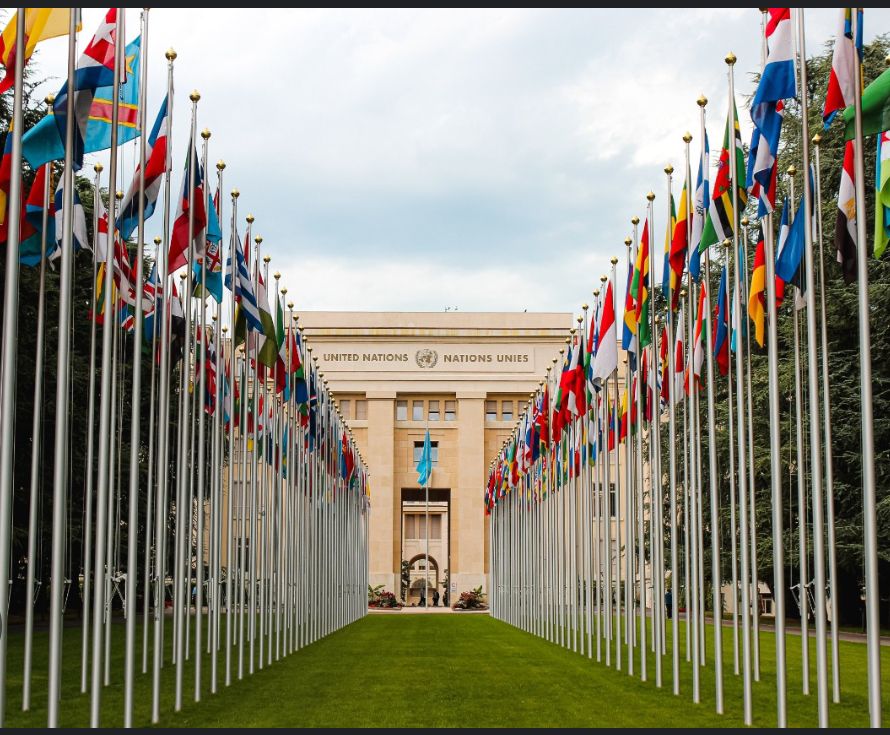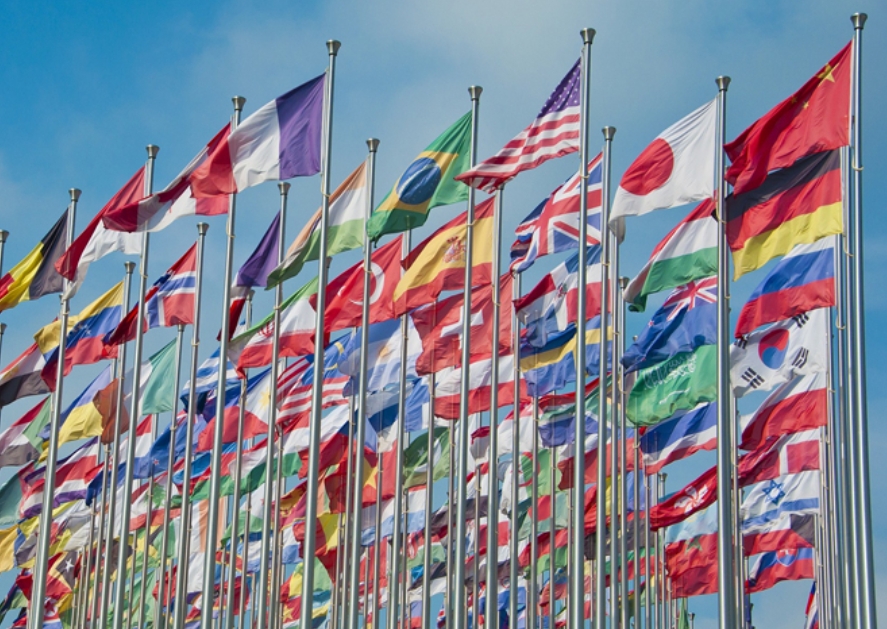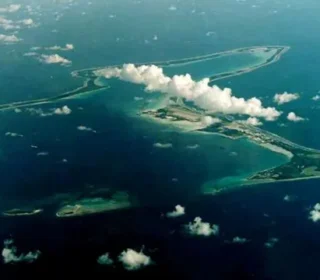The global landscape in 2024 presents a complex tapestry of political, economic, and social dynamics. As we move further into the 21st century, nations across the world are grappling with a multitude of challenges and opportunities that will shape the trajectory of international relations, economies, and societies for years to come.
Geopolitical Shifts and Power Struggles
One of the most significant trends in global affairs is the ongoing shift in geopolitical power. The balance of power is increasingly multipolar, with the United States, China, and Russia being key players. Each of these nations is asserting its influence in different regions and domains, from military presence to technological innovation.
The U.S. continues to navigate its role as a global leader, with President Biden’s administration focusing on renewing alliances, particularly with NATO and other Western democracies. This is juxtaposed against China’s rise, as it leverages its economic clout through initiatives like the Belt and Road and seeks to expand its influence in Asia, Africa, and beyond. Meanwhile, Russia, under President Putin, is playing a more assertive role in Eastern Europe and the Middle East, with its involvement in Ukraine and Syria being points of global contention.

Economic Realignments and Challenges
Economically, the world is in a state of flux. The post-pandemic recovery has been uneven, with some regions bouncing back faster than others. The global economy is also being reshaped by inflationary pressures, supply chain disruptions, and shifting trade policies.
Inflation has emerged as a critical concern, particularly in the West, where central banks are balancing the need to control rising prices without stifling economic growth. The U.S. Federal Reserve, the European Central Bank, and other monetary authorities are taking cautious steps to adjust interest rates, aiming to temper inflation while avoiding a recession.
Simultaneously, global trade is experiencing realignment. The U.S.-China trade tensions continue to simmer, affecting supply chains and prompting companies to rethink their reliance on China. This has led to a shift toward nearshoring and diversification of supply chains, with countries in Southeast Asia, India, and Mexico benefiting from increased investment.
Climate Change and Environmental Challenges
Climate change remains at the forefront of global concerns, with 2024 being a critical year for environmental action. The consequences of climate inaction are increasingly visible, from devastating wildfires and floods to severe droughts impacting agriculture. The urgency for coordinated global action is higher than ever.
The COP29 summit, held in the UAE, underscored the need for immediate and robust climate action. Countries are under pressure to meet their commitments under the Paris Agreement, yet progress has been slow. The transition to renewable energy is a focal point, but the pace of change is not meeting the demands of the climate crisis. Energy security, especially in the context of the Ukraine conflict, has also complicated the global energy transition, with some nations temporarily reverting to fossil fuels to ensure stability.
Social Movements and Cultural Shifts
Socially and culturally, 2024 is witnessing significant transformations. Globalization and digitalization have accelerated cultural exchanges, yet they have also brought about polarization and the rise of populism in various regions.
In many parts of the world, there is a growing push for social justice and equality. Movements advocating for racial, gender, and economic justice have gained momentum, driven by younger generations who are increasingly vocal and connected through social media. These movements are challenging traditional power structures and demanding systemic change.
At the same time, issues of migration and identity are sparking debates in Europe, the Americas, and Asia. The migration crisis, exacerbated by conflicts, climate change, and economic disparities, is forcing countries to reconsider their immigration policies. The rise of right-wing populism in response to these challenges is contributing to political fragmentation and social tensions.
Technology and the Future
Finally, the rapid advancement of technology continues to be a double-edged sword in global affairs. On one hand, innovations in artificial intelligence, biotechnology, and renewable energy offer solutions to some of the world’s most pressing problems. On the other, they pose new ethical, security, and economic challenges.
The race for technological supremacy is intensifying, particularly between the U.S. and China, with both nations investing heavily in AI, quantum computing, and cybersecurity. The implications of this race are vast, impacting everything from global security to the future of work. Issues such as data privacy, the ethical use of AI, and the regulation of emerging technologies are increasingly coming to the forefront of international discourse.
Conclusion
As we navigate 2024, the world stands at a crossroads. The decisions made by leaders, businesses, and individuals this year will have far-reaching consequences for the future. The need for multilateral cooperation, innovative solutions, and a renewed commitment to addressing global challenges has never been greater. In a world that is more interconnected and interdependent than ever, the path we choose will define not just our immediate future, but the legacy we leave for generations to come.

















